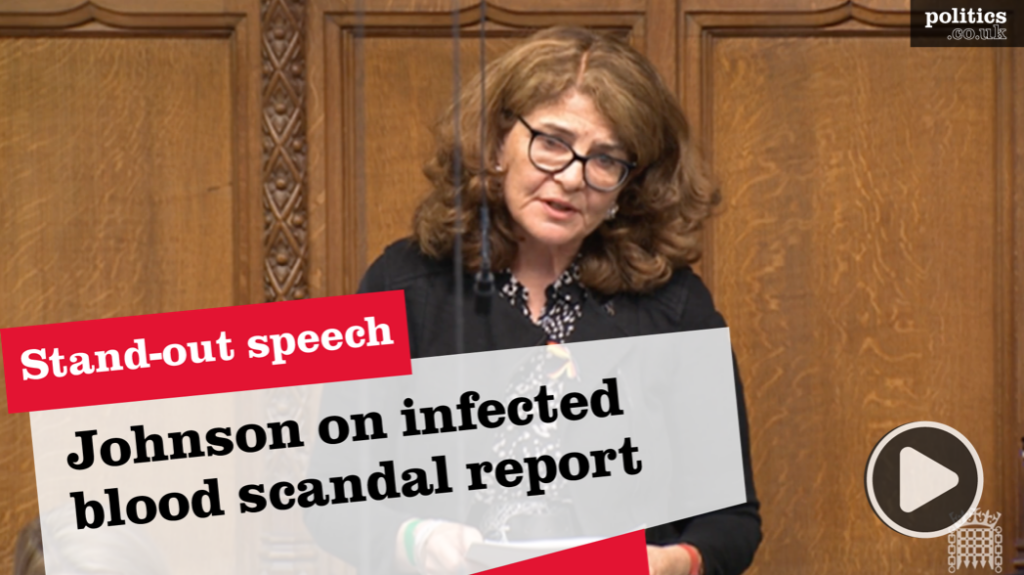North East says ‘no’ to regional assembly
Government plans to roll-out devolution to the English regions suffered a major set-back last night when voters in the North East rejected plans for a regional assembly.
Some 696,519 people voted against the assembly plans, with just 197,310 backing the move in the all-postal ballot.
Deputy Prime Minister John Prescott, an ardent supporter of devolution, said: “My own personal view is that an elected regional assembly would be in the best interests of the region. That has not changed. It was indeed a Manifesto commitment.”
Forty-eight per cent of the region’s 1.9 million electorate turned out to vote, which is higher than the London Assembly referendum (34 per cent) and comparable with the referendum for devolution in Wales (50 per cent).


John Elliot, chairman of North East Says No described the ‘no’ vote as a “great achievement”.
He said: “I think the message is that six guys in an office in Durham have been against most of the North East political establishment, North East trade unions, most of the North East media and latterly, Her Majesty’s Government and we have persuaded the people to give it the thumbs down.
A ‘yes’ vote in the referendum would have established an elected assembly with responsibility for jobs, economic planning, transport and other policy areas including arts, sports culture and the environment in the region.
Mr Prescott said the result would be considered in any decision on regional government referendums in the North West and Yorkshire and Humber.
He confirmed that following last night’s vote, the Government would not be introducing a Regional Assemblies Bill, but pledged to continue to strengthen the regions and continue with reforms to local government.
“We will maintain a strong regional presence and continue to strengthen the regional dimension including regional development agency, the existing assembly and the strong regional Government Office.”
He added: “We will also continue our reform agenda for local government. Directly elected mayors and cabinets which revitalise the operation of councils. Stronger community leadership. Freedoms and flexibilities to help them deliver better services more in tune with local circumstances. Local Area Agreements which will make possible more flexible decision making for local areas, not just local government.”
A further referendum on regional government in the North East cannot be held for another seven years.












